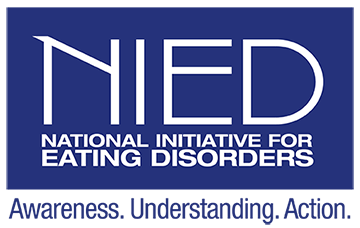This program teaches all shared-care members how to involve family members and caregivers in care planning; transitions between levels of care (e.g. acute care, home, residential and community settings); and transitions between child and adult systems of care. This program is focused on teaching key skills and approaches that help establish and maintain a productive therapeutic alliance between care providers, individuals and their caregivers.
We focus on helping all shared-care members gain meaningful insights on how collaborative vs. directive approaches are more likely to produce favourable outcomes related to recovery from an Eating Disorder. Specifically:
- How to involve family members and caregivers in:
- care planning
- transitions between levels of care (e.g. acute care, home, residential and community settings)
- transitions between child and adult systems of care
- How to establish and maintain a productive therapeutic alliance between care providers, individuals and their caregivers
- How to maintain that collaboration when an individual moves from one setting to another, or to a different level of care
- How to be responsive and supportive between appointments
- How to navigate health care, social services and community care
- What to do and how to cope while waiting for referral to a specialist or appropriate, high quality care

